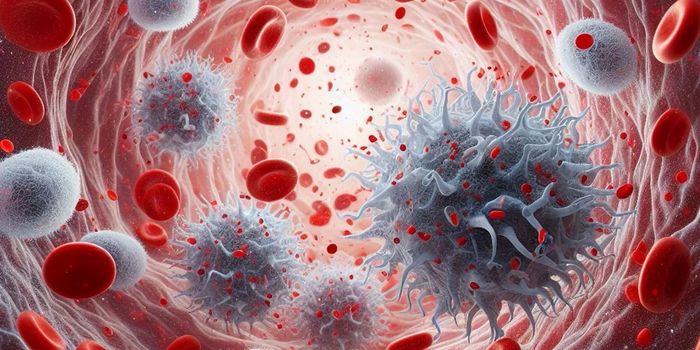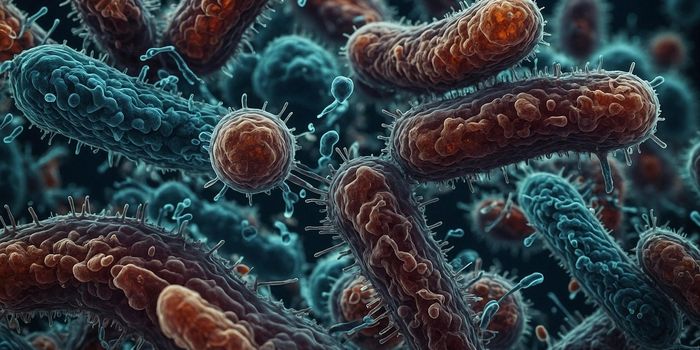Asthma is a chronic inflammatory disorder in which the airways narrow, which impairs breathing and causes coughing or tightness in the chest. Asthma attacks can range from mild to life-threatening. The causes of asthma are unclear, but a variety of environmental influences including allergens, bacteria, toxins, and viruses are thought to exacerbate the condition, and genetics may play a role.
Clinicians once thought that there was a single type of asthma, but research has shown that there are two kinds: type 2, which is inflammatory and includes allergic asthma, and non-type 2. In one type of allergic asthma, the body generates too much immunoglobulin E in response to triggers like dust, or pet dander, for example.
While there are a variety of treatments for asthma, many of them are target type 2 cytokine-driven inflammation that affects about half of asthma patients. There is a lack of treatments for people with other types of asthma. Though asthma has been associated with bacterial infections and dybiosis, exactly how bacteria play a role in the disorder has been unclear.
New research reported in Science Translational Medicine has now found a mechanistic link between germs and asthma.
A major component of bacterial cell membranes is a molecule called lipopolysaccharide (LPS), which can trigger the activity of pro-inflammatory molecules, including a cytokine called oncostatin M (OSM). When the researchers analyzed biopsies from asthma patients, they determined that the levels of OSM were abnormally high. High OSM levels have been associated with other inflammatory disorders as well.
This work has shown that OSM may have a significant influence on the gene activity that's been associated with severe asthma; OSM seems to be driving the airway inflammation that causes asthma attacks.
When the researchers blocked OSM, and the biochemical pathways that it promotes, symptoms of asthma were reduced in a mouse model. Though those pathways involve the immune response to bacterial infection, there was no impairment in the immune system's ability to fight infection.
Now that this study has revealed how asthma symptoms may be driven by bacterial infection, researchers might be able to create new therapeutics.
Source: Science Translational Medicine









